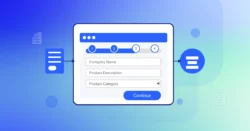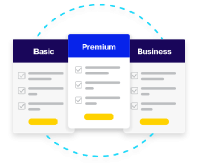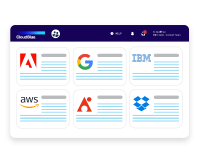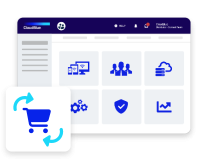Minimum Viable Product (MVP) is a product development strategy that is commonly used in the Software-as-a-Service (SaaS) industry. The idea behind MVP is to create a basic version of a product with just enough features to meet the needs of early customers and to validate the product idea in the market.
In the SaaS industry, the MVP approach is particularly relevant because SaaS products are often developed in an agile environment, where iterations and continuous feedback are critical. An MVP allows product teams to validate their assumptions about customer needs and to gather feedback from early users, so they can make informed decisions about the product roadmap.
For example, a SaaS startup might want to develop a project management tool for small teams. They might start by identifying the most essential features required to meet the needs of early customers, such as task lists, user assignments, and due dates. They would then create an MVP that includes only those features and launch it in the market to gather feedback from early users.
Based on the feedback received from early users, the product team can then iterate and add new features to the product roadmap. They may discover that users are requesting additional features like time tracking or billing, or they may identify usability issues that need to be addressed. By starting with an MVP, the product team can validate their assumptions about customer needs and make informed decisions about the product roadmap, which can help to reduce development costs and increase the chances of success in the market.













